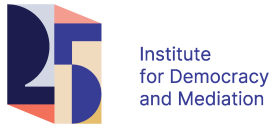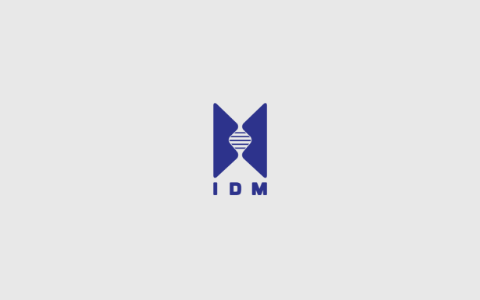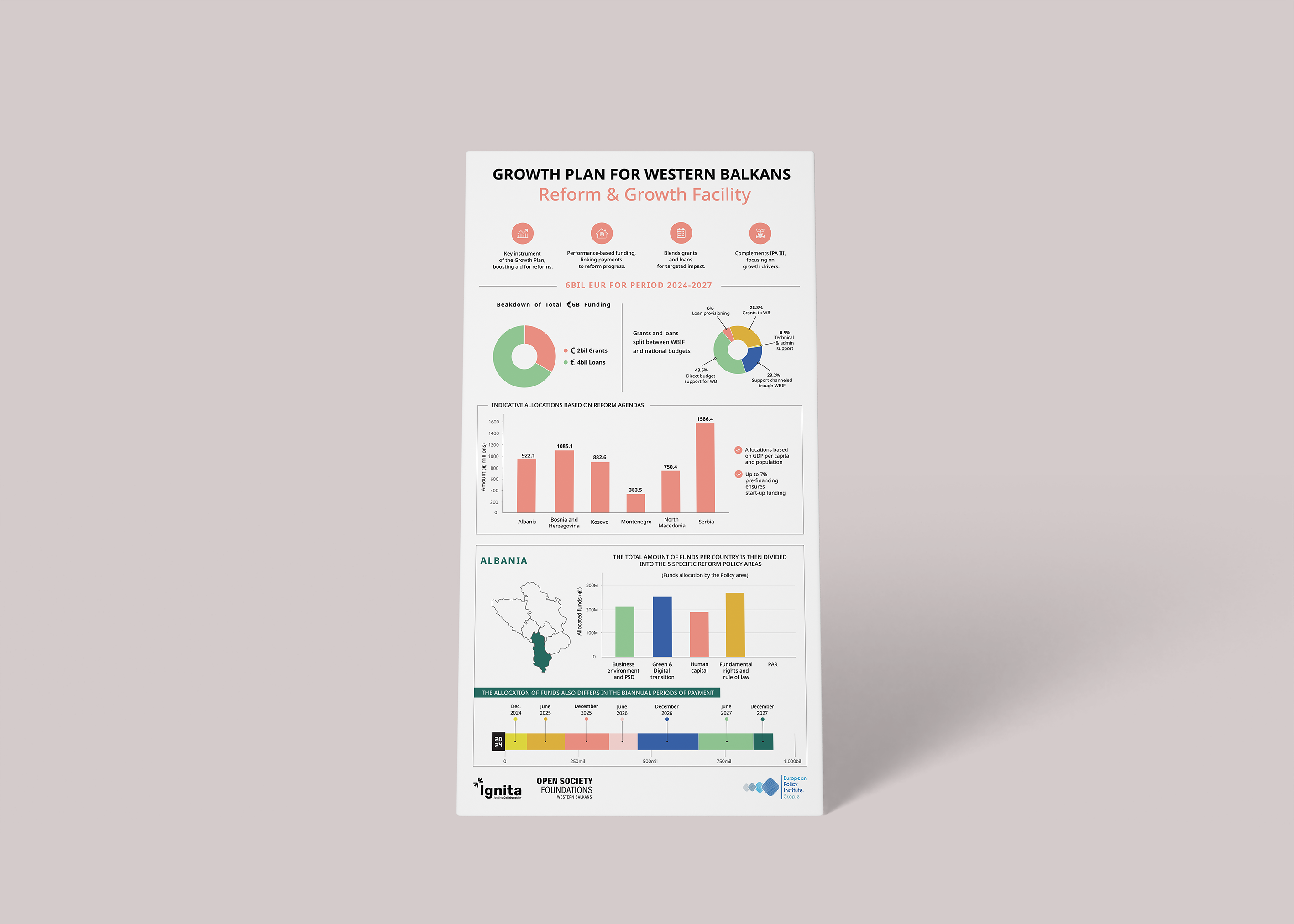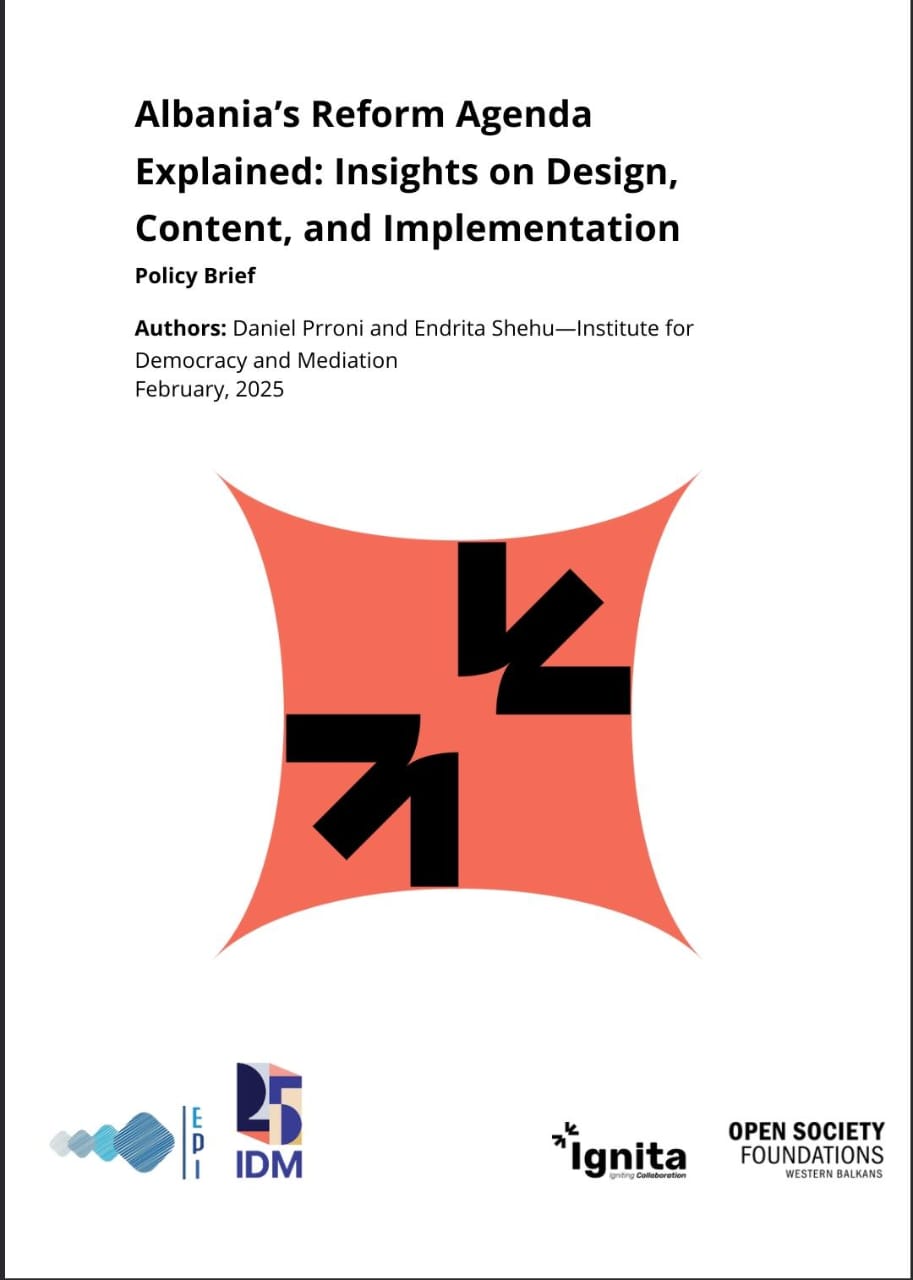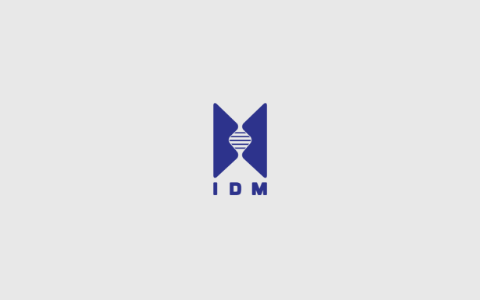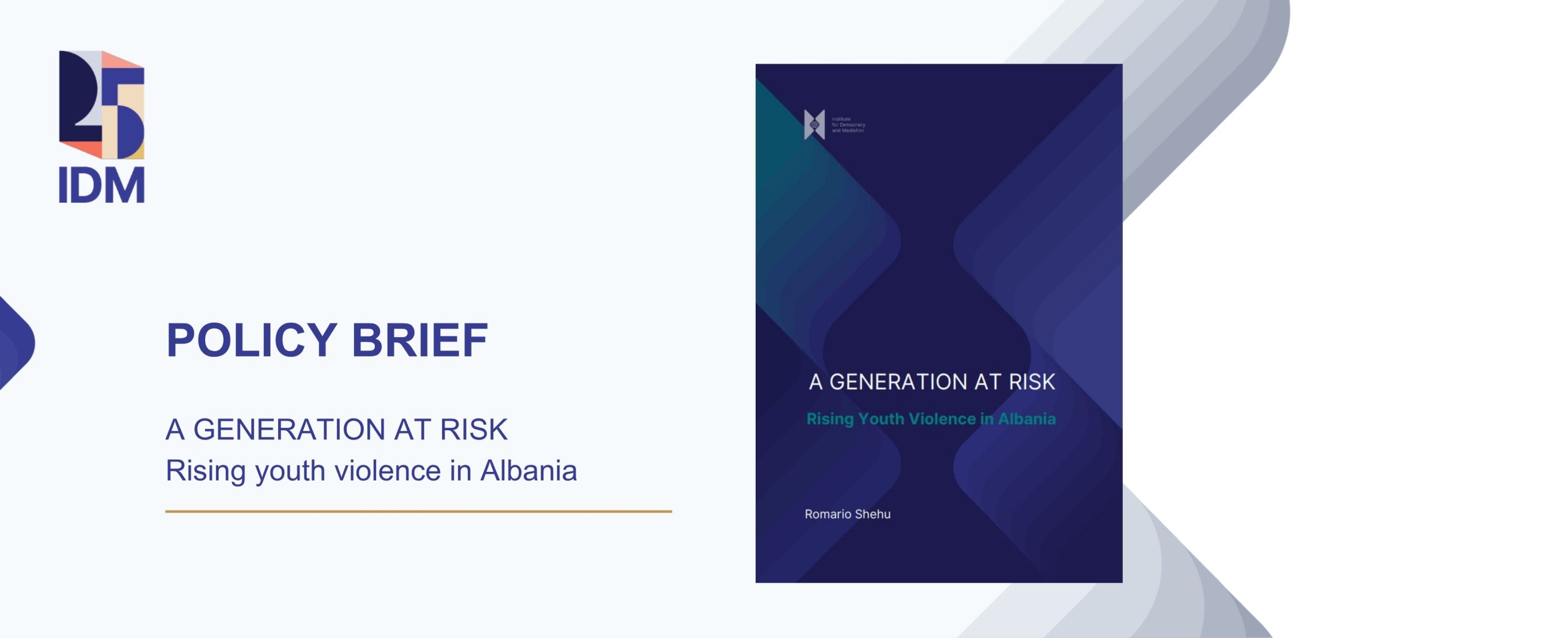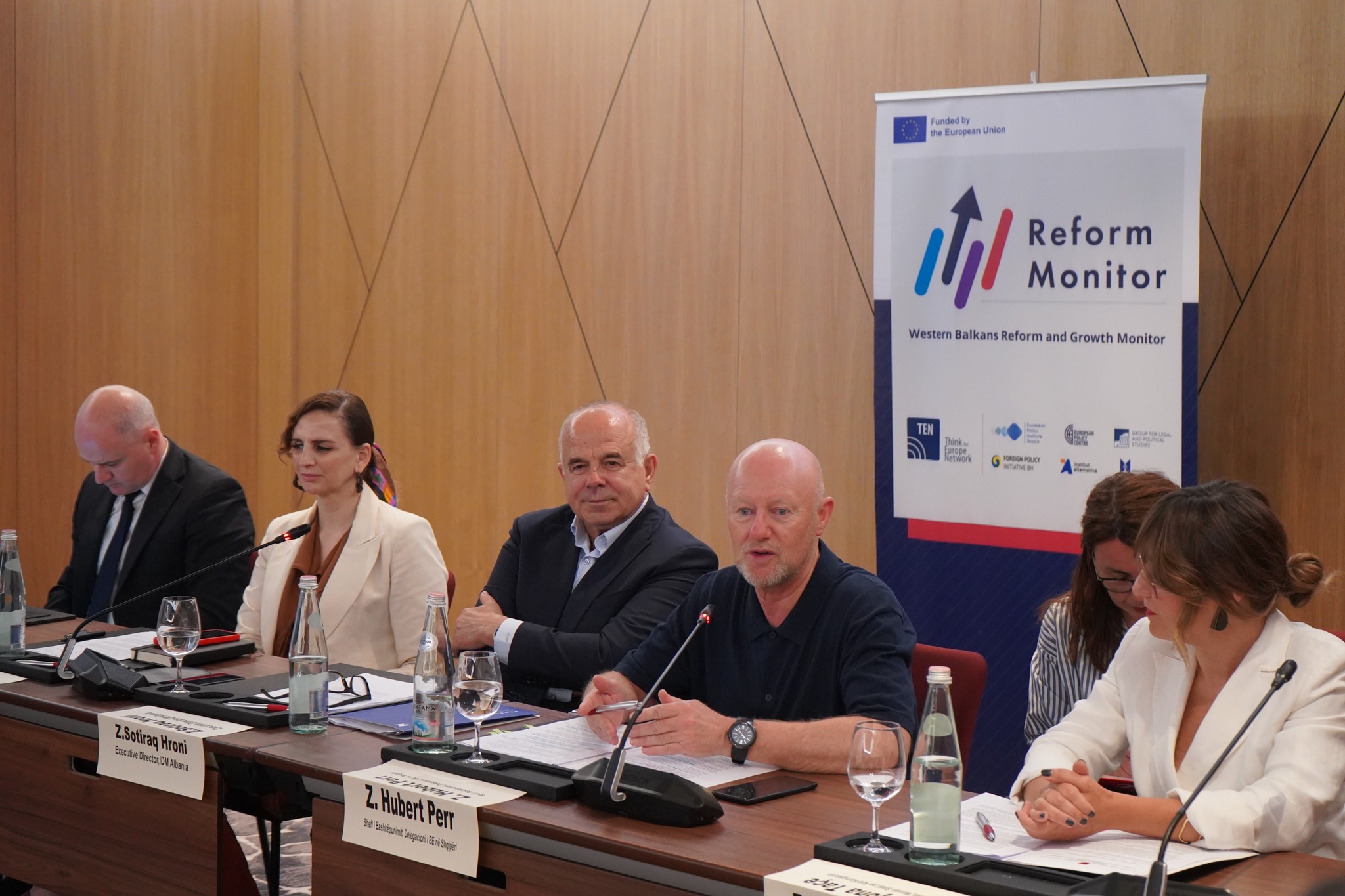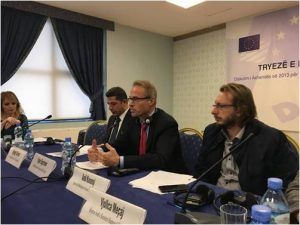 The role and engagement of civil society remains crucial not only for the country’s path towards EU but more broadly for all development processes in the Albanian society.
The role and engagement of civil society remains crucial not only for the country’s path towards EU but more broadly for all development processes in the Albanian society.
In December 2013 a priority Agenda for actions to improve the enabling environment for civil society was agreed between the Government and CSOs representatives from around the country. Looking back at the past three years, much has been achieved such as the adoption of the Civil Society Charter, the establishment of consultation and advisory forums, the adoption of a roadmap for enabling environment for civil society, new legislation on freedom of information and public consultations, improvement of the financial reporting framework. Nevertheless, much remains to be done in order to strengthen sustainability of the civil society, its impact, organizational development, civic engagement and more broadly, in order to move beyond “optimal conditions” for operating in a moderately enabling environment.
Some of the priorities of 2013 jointly agreed Agenda which are yet to be addressed include the full-fledged implementation of adopted legislation, public funding concerns and the reform of the Agency for the Support of Civil Society, including concerns over its funding integrity and transparency. Additional issues which have been repeatedly raised by CSOs according to the “Monitoring Matrix on enabling environment for civil society – Albania 2014 and 2015” and the “CSOs Sustainability Index 2014 and 2015” include the need for a decentralized CSOs registration process, training of tax inspectors on CSOs’ fiscal treatment, design of inspection guidelines, statistical data on CSOs and economic value of their operations etc.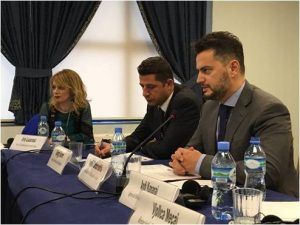
As a stocktaking exercise reflecting on IDM’s advocacy efforts towards improving the enabling environment for civil society in Albania, and in the context of the upcoming 2017 general elections, IDM organized on 25 November 2016 at Hotel Tirana International a national event gathering CS, donor community, government and other stakeholders, in a learning, advocacy and networking forum to push forward the implementation of the 2013 Agenda.
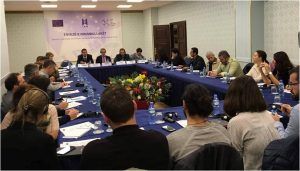 The Roundtable evaluated the 2013-2016 experience of addressing the priorities, challenges to reinforce the results and envisaged the process for addressing the remainder of the 2013 Agenda.
The Roundtable evaluated the 2013-2016 experience of addressing the priorities, challenges to reinforce the results and envisaged the process for addressing the remainder of the 2013 Agenda.
Additionally, the discussions looked at opportunities and needs to contextualize CSDev discourse beyond “optimum” standards for involvement, influence and impact on EU accession negotiations and other broader development processes in Albania.
This Roundtable was organized in the framework of the project “Balkan Civil Society Acquis – Strengthening the Advocacy and Monitoring Potential and Capacities of CSOs”, funded by the European Union, through the EU Instrument for Pre-accession Assistance (IPA) and Civil Society Facility (CSF).
